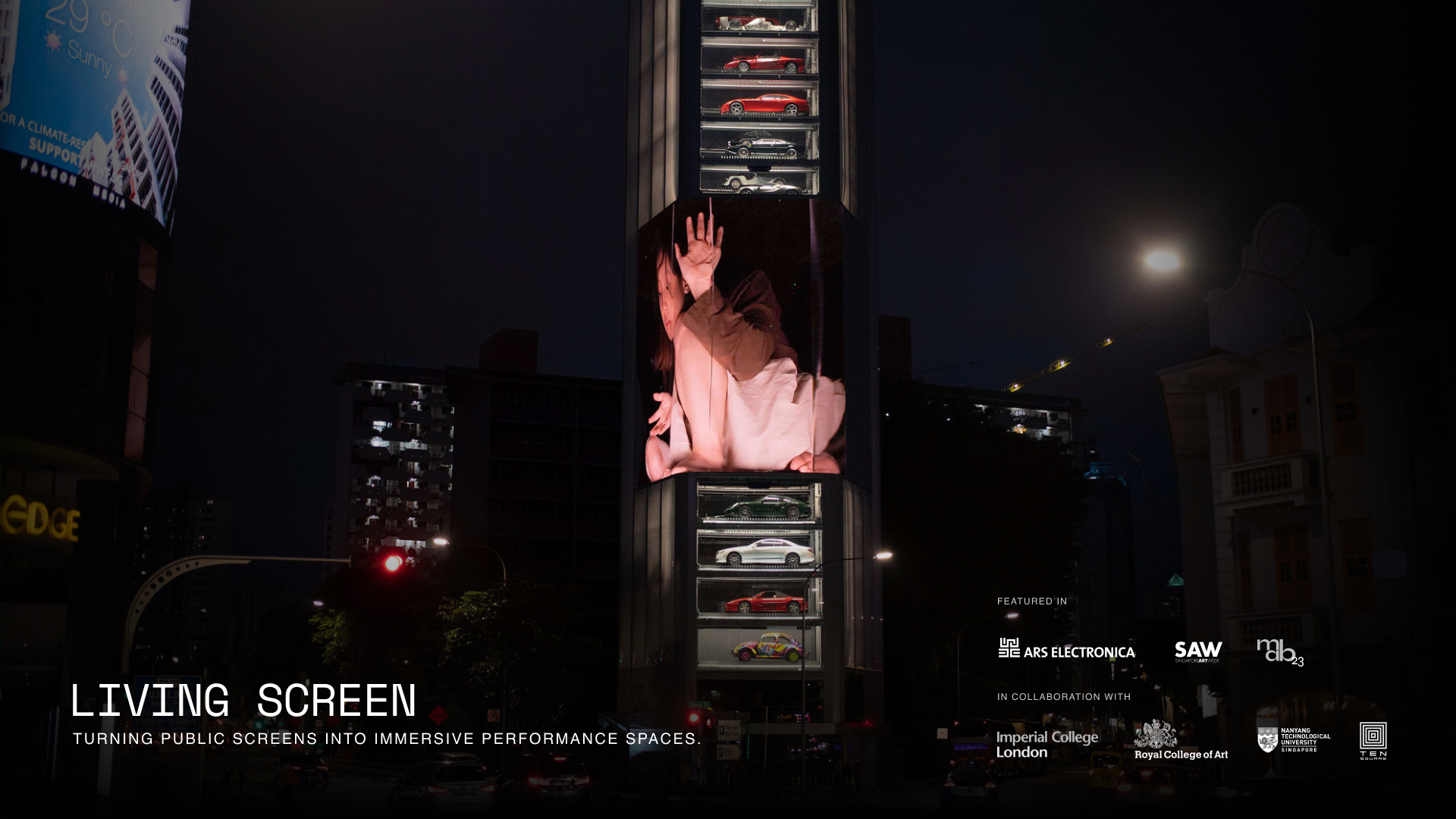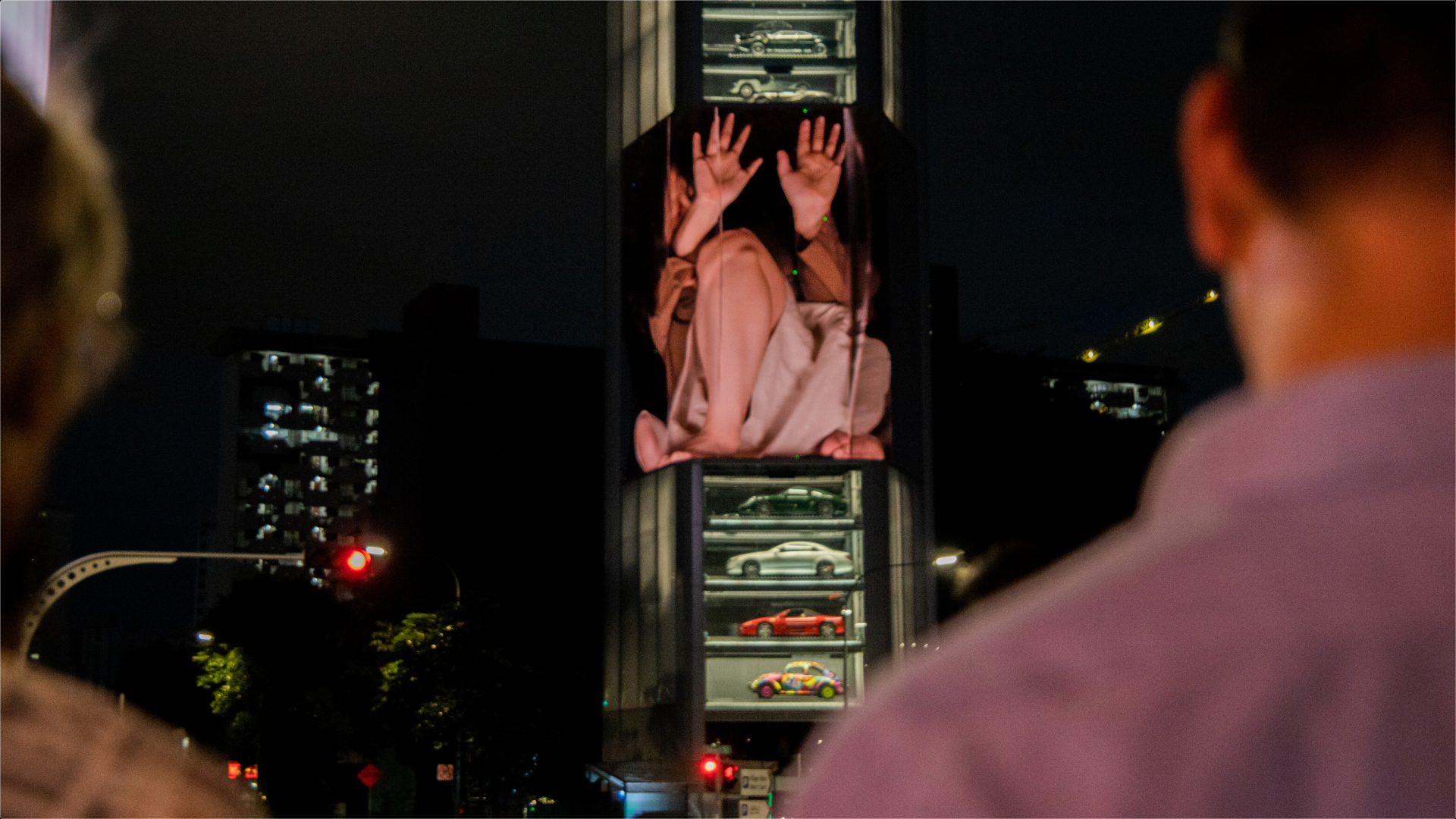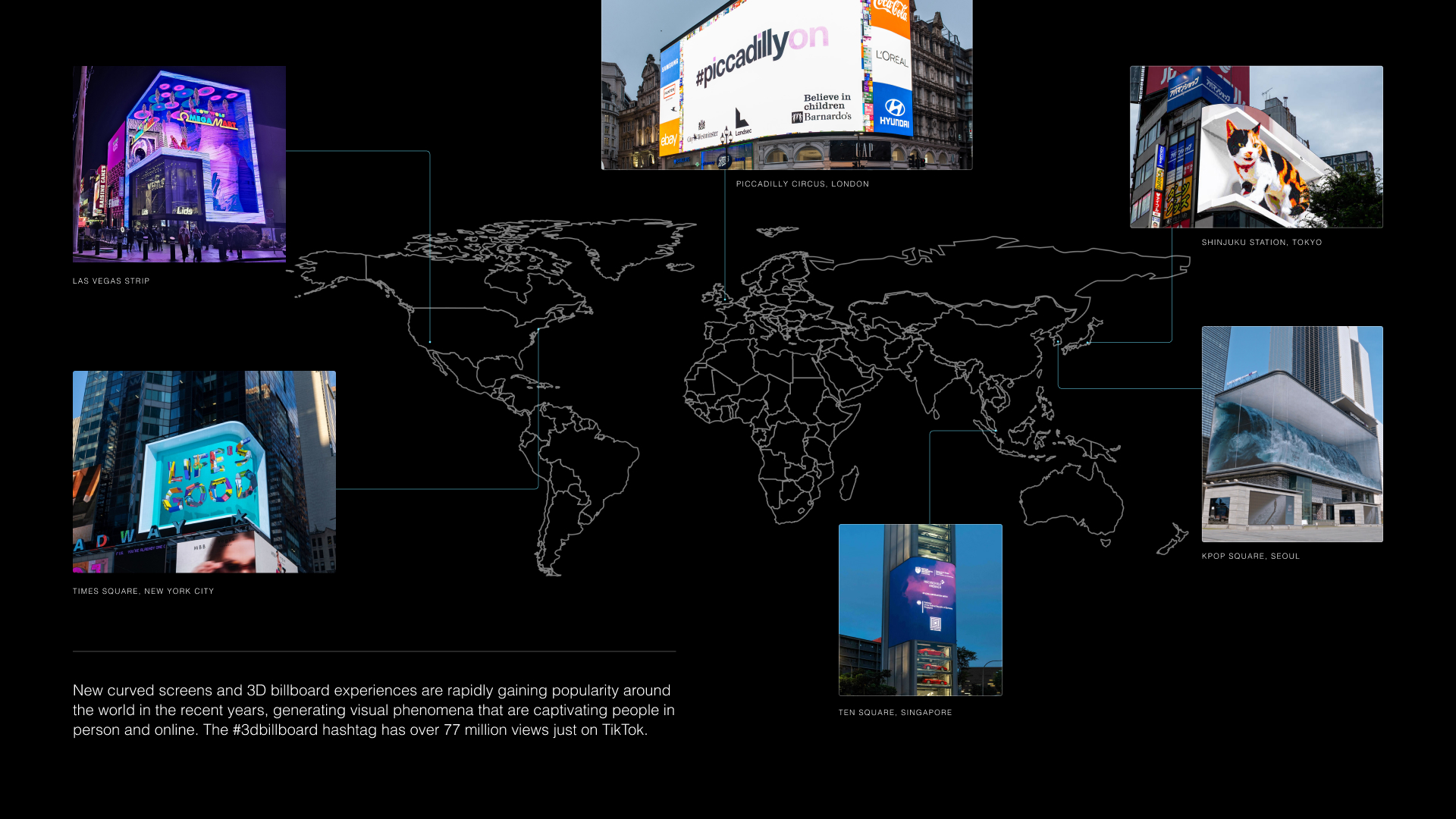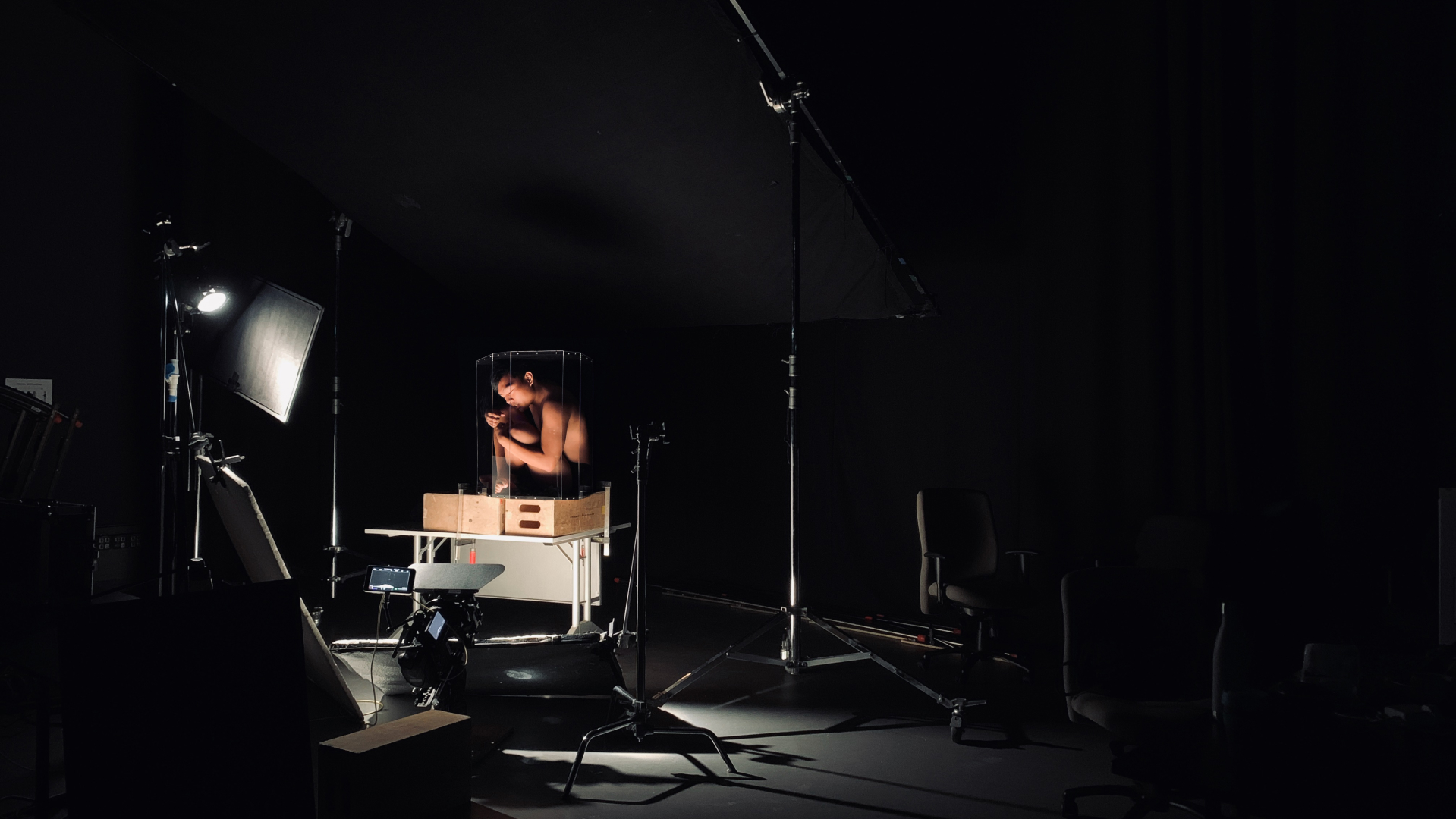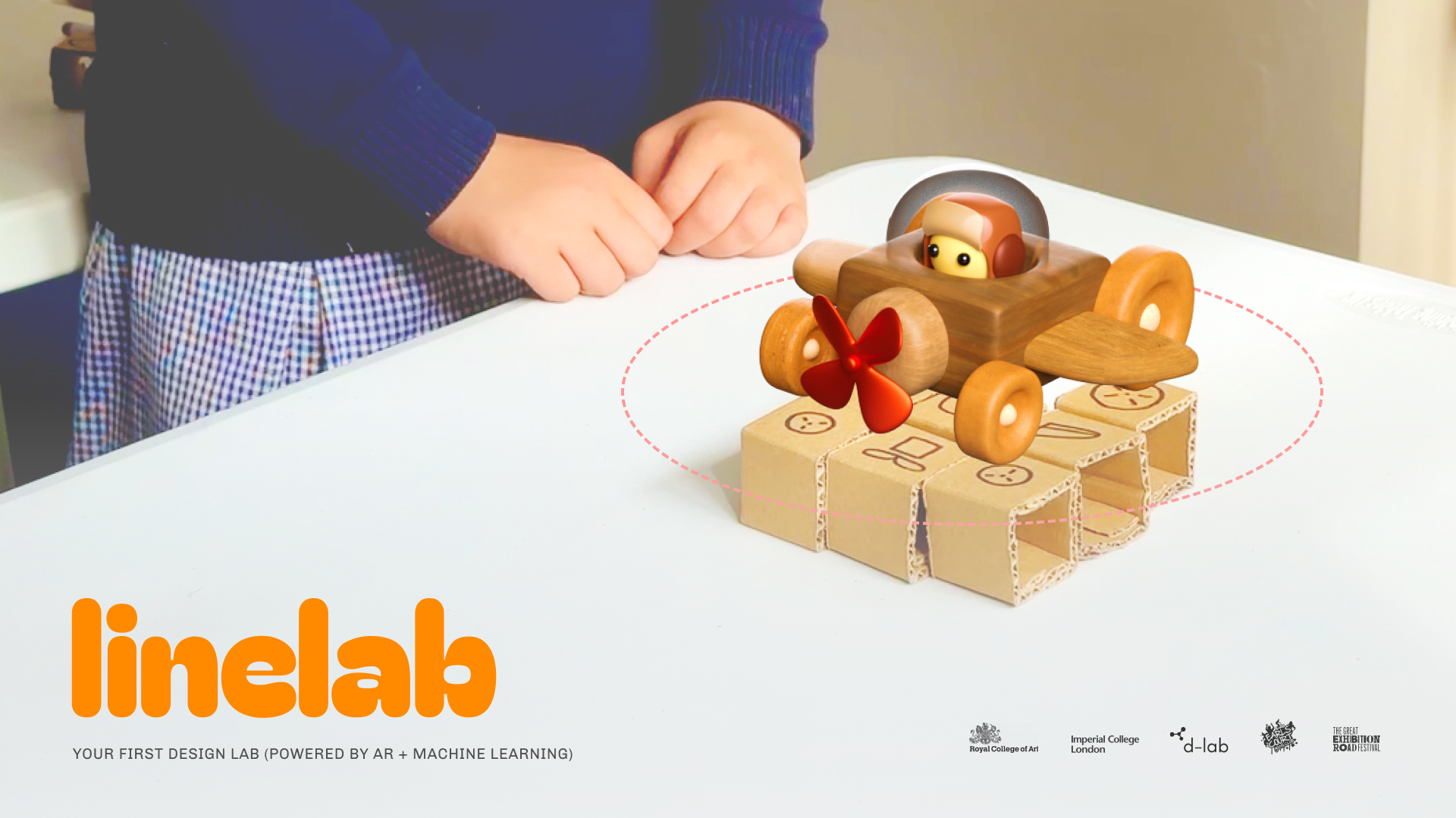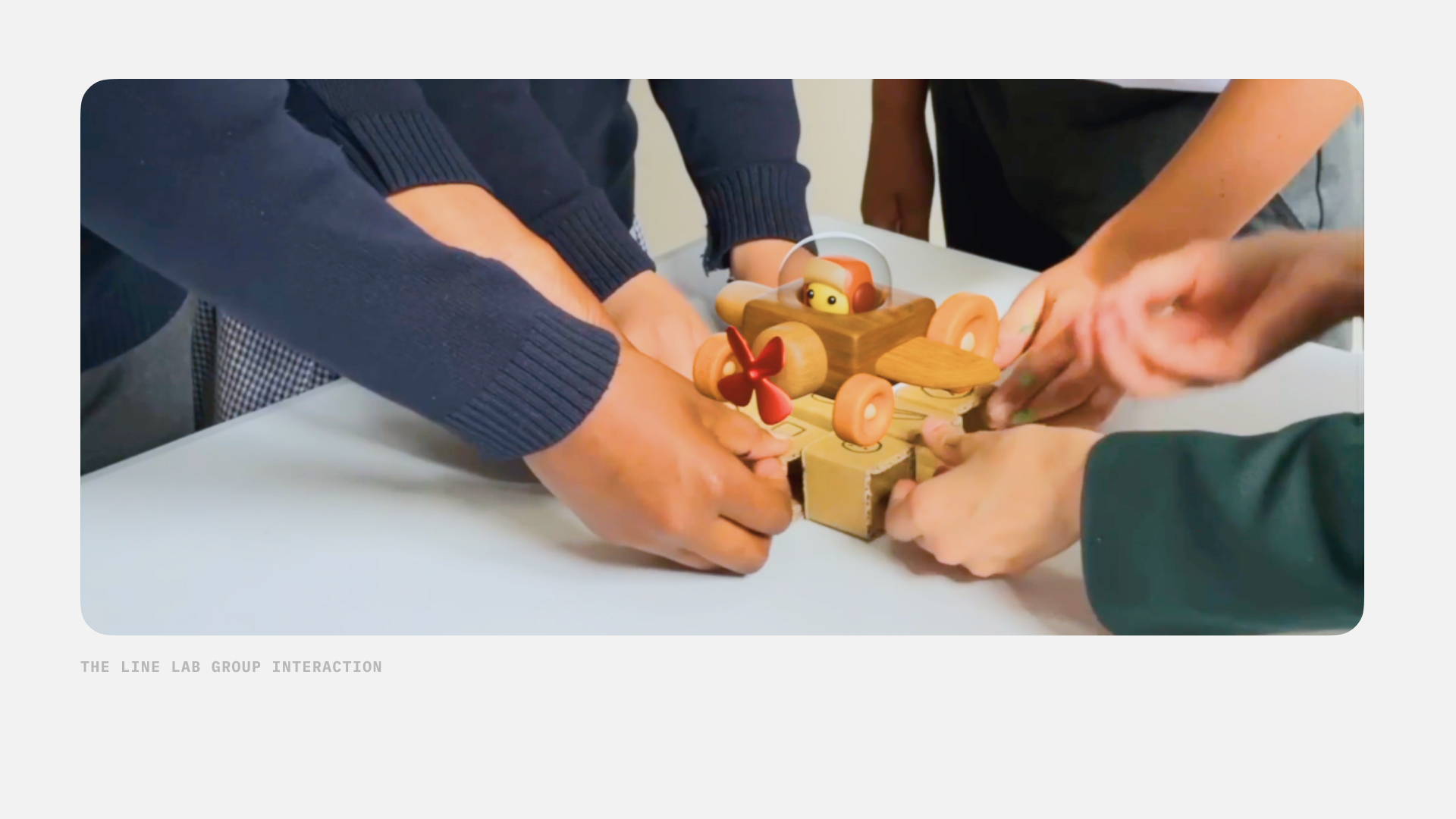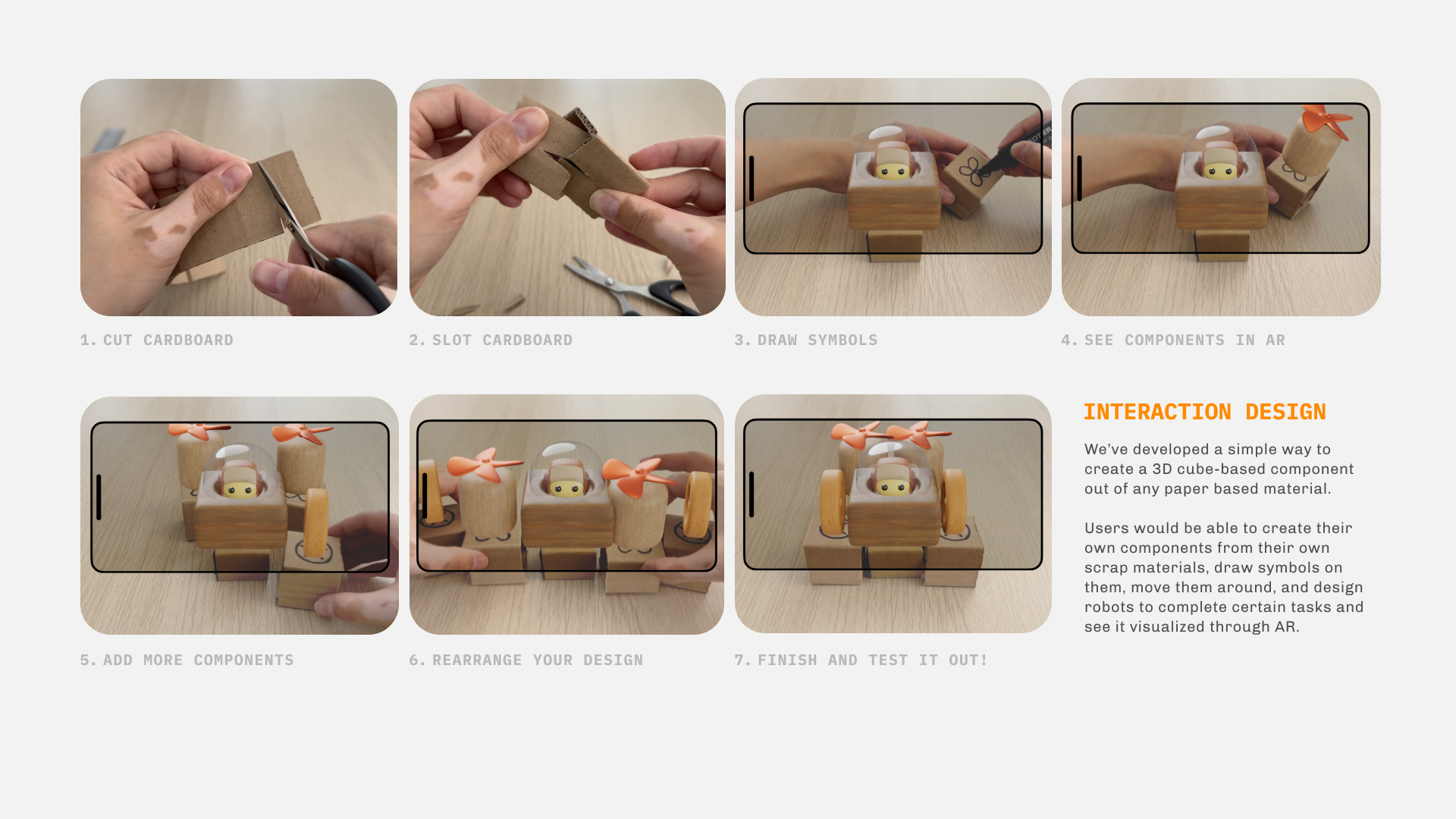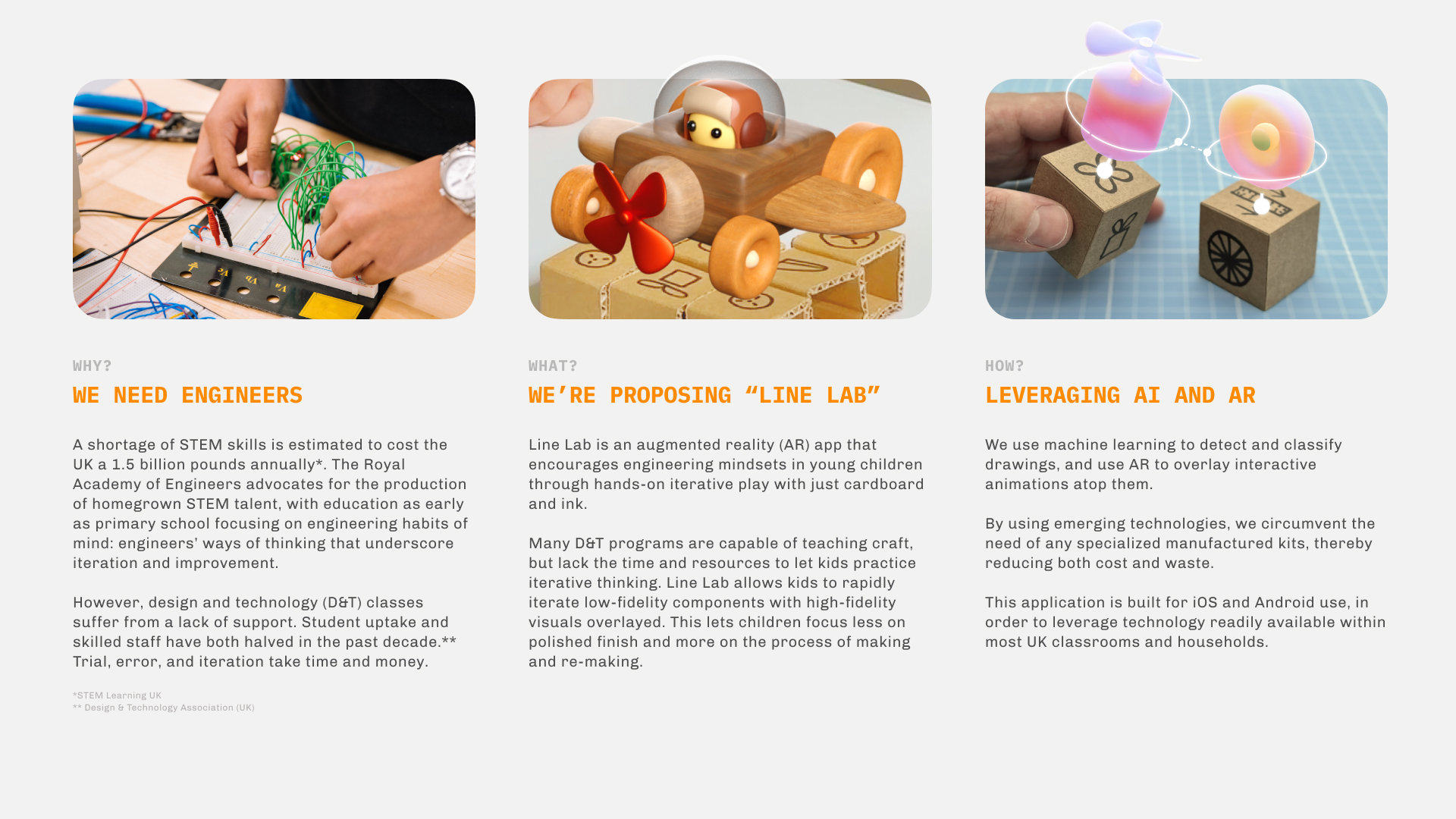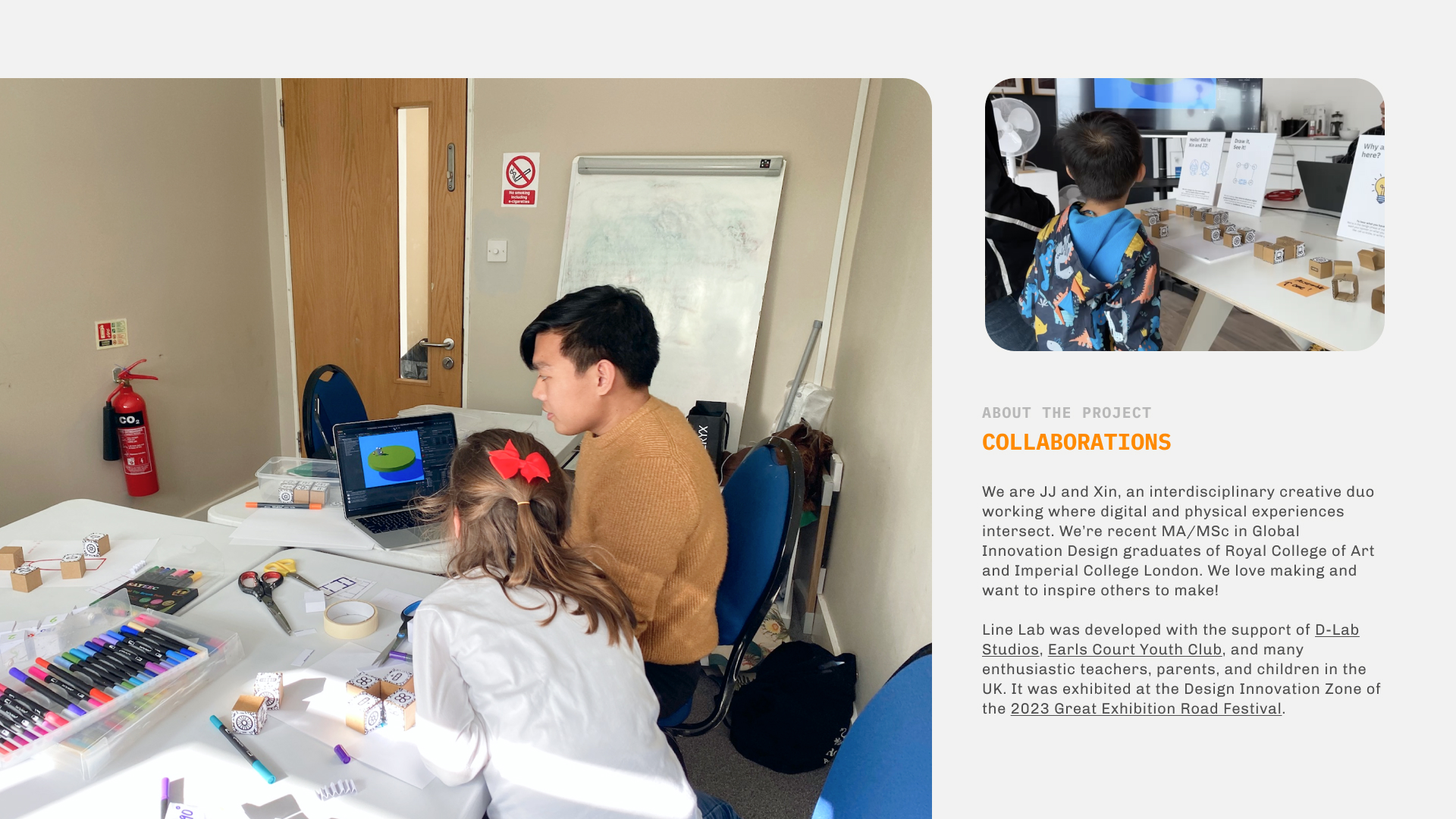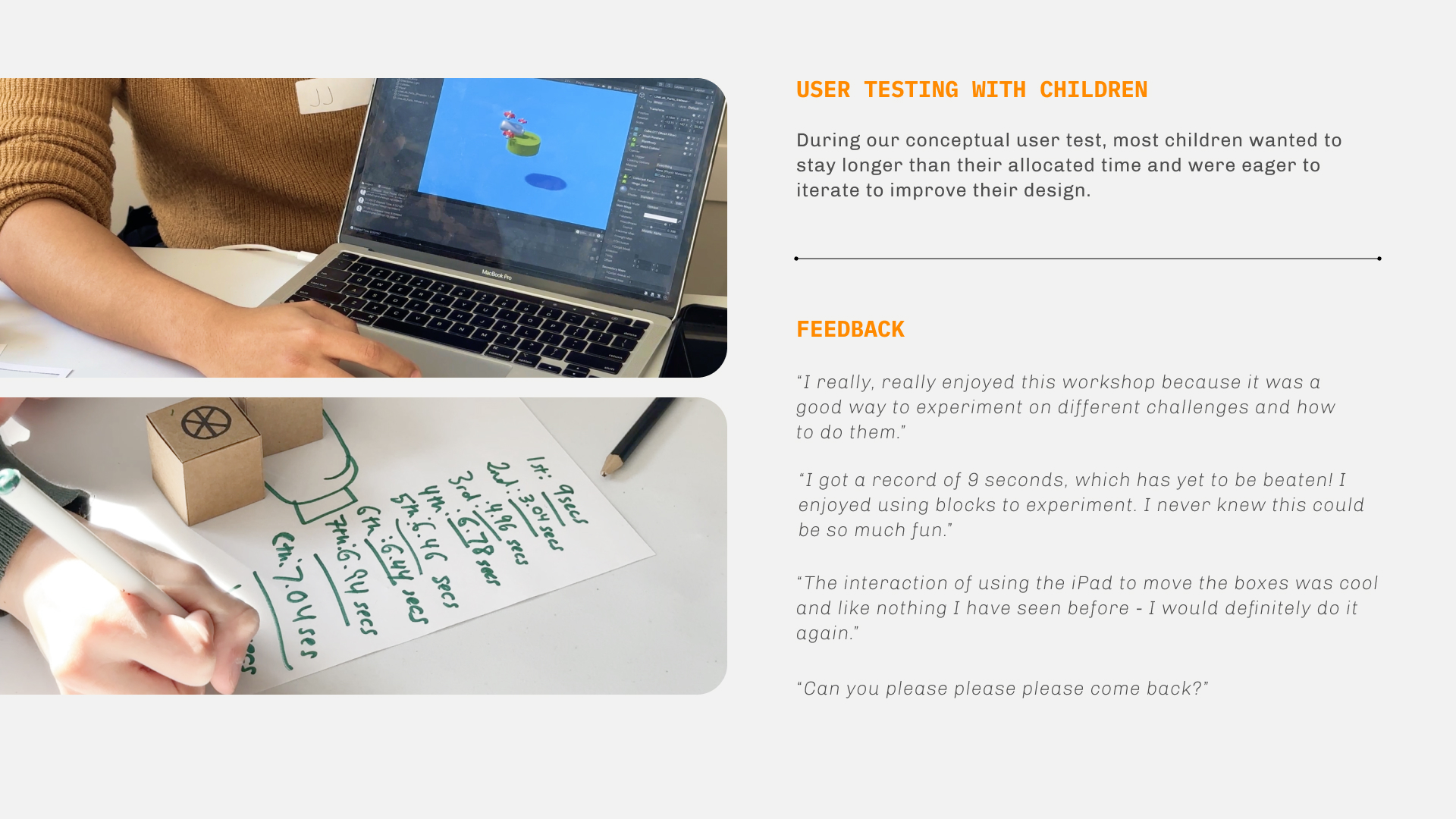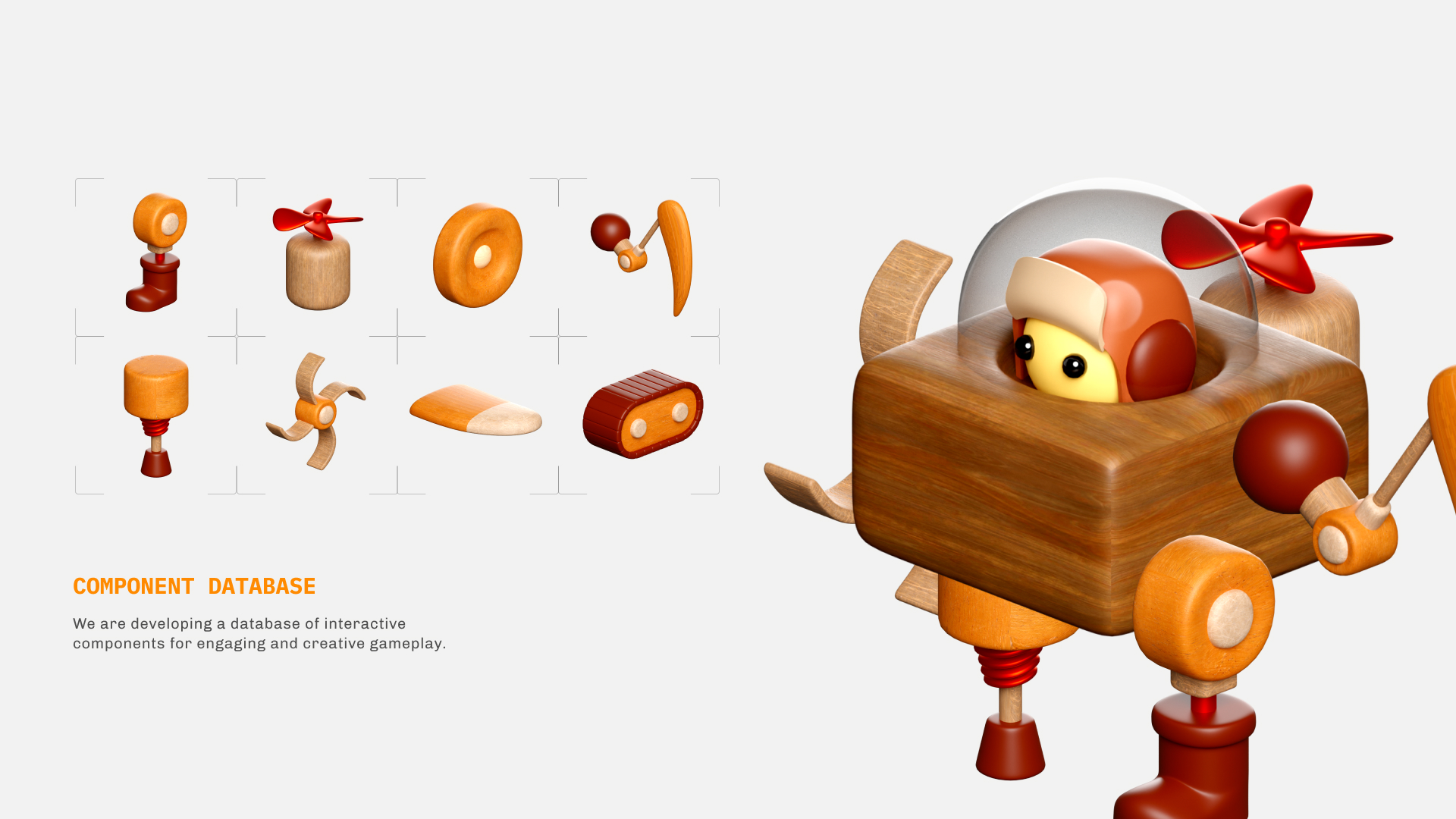xin wen & JJ agcaoili .
Global Innovation Design MA MSc
Royal College of Art
Specialisms: Interaction Design & Game Design / Film & Animation / Creative Direction
Location: London, United Kingdom
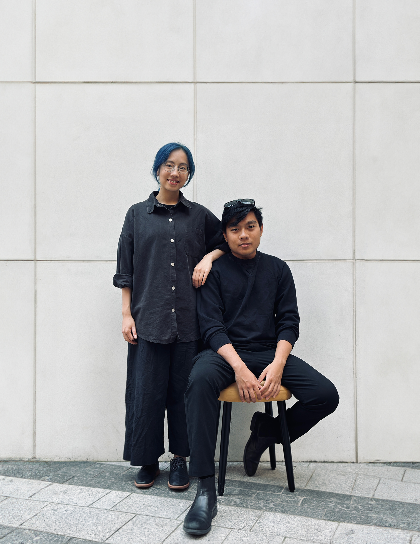
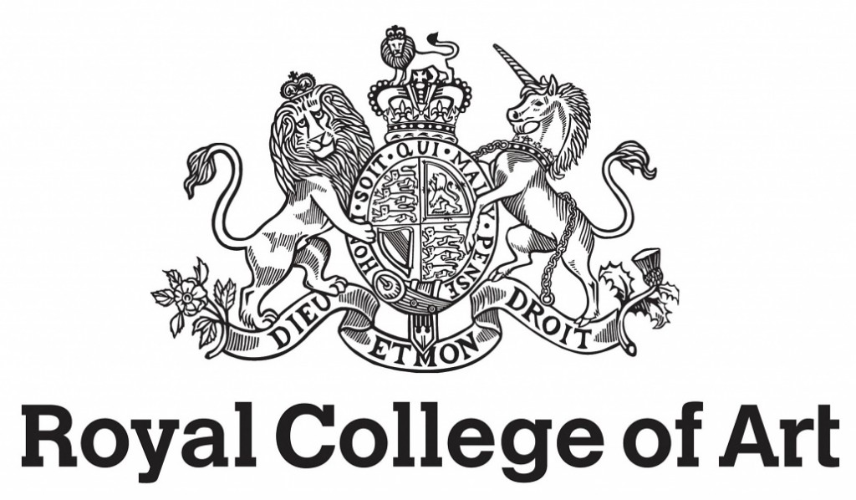
xin wen & JJ agcaoili .

First Name: xin wen & JJ agcaoili
Last Name: .
Specialisms: Interaction Design & Game Design / Film & Animation / Creative Direction
Sectors:
My Location: London, United Kingdom
University / College: Royal College of Art
Course / Program Title: Global Innovation Design MA MSc
About
We are Xin Wen and JJ Agcaoili, an interdisciplinary creative duo working where the digital and physical intersect, with special sensitivities to emotions, atmosphere, and interaction. We are recent MA/MSc Global Innovation Design graduates of the Royal College of Art and Imperial College London.
living screen
Living Screen is an innovative film-based technique that produces instantaneous 3D visuals on uniquely shaped screens, bypassing the need for computer-generated imagery (CGI). The technique simplifies naked-eye 3D graphics production for the uniquely-shaped screen spaces that have been increasingly popular in out-of-home (OOH) advertising. This enables anyone to create engaging illusions of depth on curved screens with potential for real-time interaction without needing animation expertise. Overall, the technique innovates visual production for unconventional screens, presenting a new future of public media experience with implications in advertising and performance. We first developed this technique for Box Body, an immersive architecture media piece shown at the ART-ACT Festival of Singapore Art Week. Inspired by urban isolation and emotional constriction, it features a giant figure cramped inside a car vending machine building above a bustling thoroughfare, evoking a tension between grand constructions and the isolating consequences prevalent in urban environments. Through the Living Screen technique, we were able to create and test a variety of visual concepts quickly (ex. different lighting and costumes), which would have been extremely time consuming if done through animation. Furthermore, by using an external camera to capture a live view of the street, the performer was able to have real-time interactions with the audience, elevating the immersive experience. See the Living Screen Technique in action: https://vimeo.com/849727802
Competitions

Global Design Graduate Show 2023
Line Lab is an augmented reality (AR) application that encourages engineering mindsets in young children through hands-on creative play with just cardboard and ink. It uses machine learning to recognize drawn symbols and AR to overlay interactive visuals. Children can up-cycle components from cardboard, draw symbols on it, and arrange them to design robots that complete tasks and solve challenges in the app. The alarming deficit of STEM skills costs the UK an estimated 1.5 billion pounds annually. Addressing this issue at its root requires a strategic and sustainable method for engineering education from primary school onwards, based on recommendations from expert organizations like the Royal Academy of Engineering, with a primary focus on cultivating 'habits of mind' such as iterative thinking. However, in the UK, Design & Technology (the subject closest to engineering at the primary level) faces challenges due to increasingly limited time, resources and skilled staff. Individual kits for students can be costly, and sustainability is an increasingly important factor to consider. To tackle this problem, we co-designed solutions with Design & Technology teachers and children in our local communities. Our goal was to develop a low-cost, low-stakes learning experience that uses ordinary paper waste and widespread technology to inspire creativity and iterative thinking from a young age. Our vision of Line Lab lets anyone up-cycle scraps to design and iterate their own virtual toy robots to accomplish different tasks, blending the tactile joy of physical creation with the magic of digital interaction in classrooms and homes. Meet Line Lab!: https://vimeo.com/848826273 Line Lab Visual Demo: https://vimeo.com/848829368
Competitions

